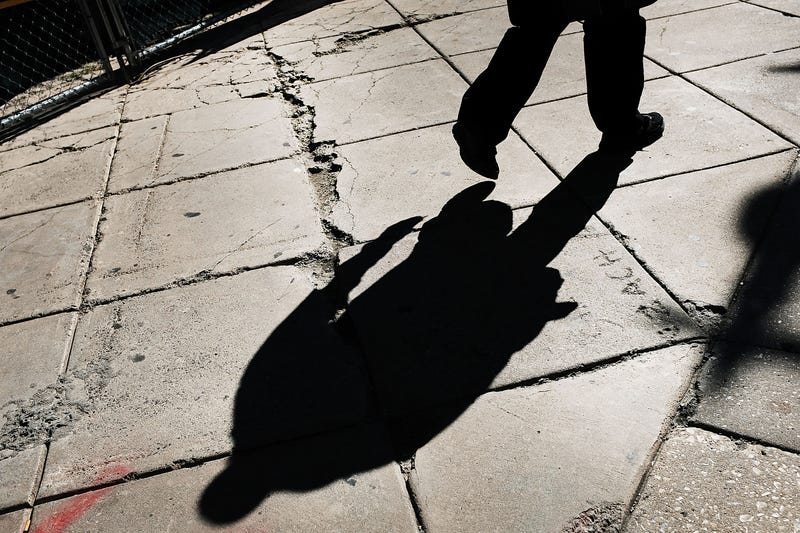
PHILADELPHIA (KYW Newsradio) — The Biden administration on Monday announced a plan to end homelessness in America, which was welcome news to the Philadelphia official working on the problem.
The administration is calling the plan “All In,” noting that solving a problem of the proportion of national homelessness takes an all-hands-on-deck strategy. It involves closing the gap between demand and supply for affordable housing in the next five years, and revamping social service systems to provide support and prevention.
“It’s great, much needed and long overdue,” said Philadelphia Office of Homeless Services Director Liz Hersh.
“This plan is a really bold statement saying that the folks in Washington are going to help us out.”
The U.S. Department of Housing and Urban Development said that in federally required tallies taken across the country earlier this year, about 582,000 people were counted as homeless — a number that misses some people and does not include those staying with friends or family because they do not have a place of their own.
The figure was nearly the same as it was in a survey conducted in early 2020, just before the coronavirus pandemic hit the nation hard. It was up by about 2,000 people — an increase of less than 1%.
The administration aims to lower that by 25% by 2025.
Hersh said the city has reduced homelessness by 22% over the last five years, using the same Housing First approach the Biden plan advocates. The evidence-based strategy initially provides housing, followed by support for behavioral health issues, such as addiction, and employment.
“That focus on ‘Housing First,’ that is music to our ears. That is the game-changer,” Hersh said.
“We feel like it’s a very fragile situation, so whenever and however we can help people get the affordable housing that they need, that’s the solution. That’s the golden ticket.”
The federal plan highlights racial and other disparities that have led to inequity in homelessness. It seeks to expand the supply of affordable housing and improve on ways to prevent people from becoming homeless in the first place.
Potential steps include a campaign to encourage more landlords to accept government housing vouchers and encourage local governments to build more apartment complexes that are affordable for working families.
The administration also announced a program to have federal agencies work with local officials to reduce unsheltered homelessness in select cities that have not yet been named.


